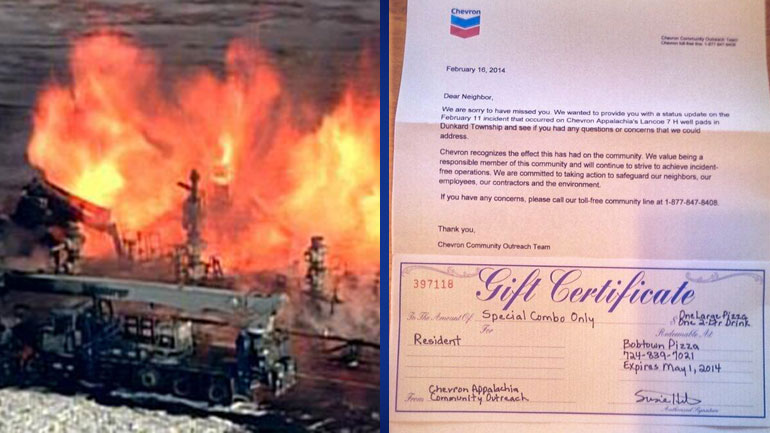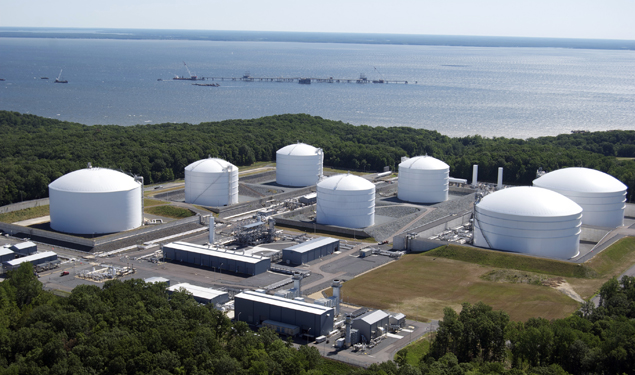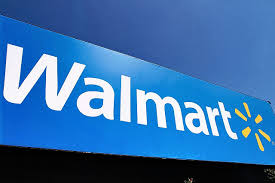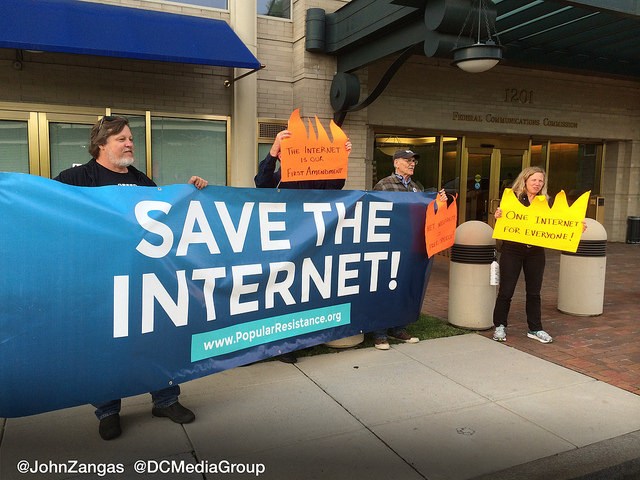
by Anne Meador
After its fracking well in Greene County, PA exploded, killing one worker and injuring another, and a fire raged for five days spewing toxic chemicals into the air, Chevron generously sent local residents coupons for free pizza.
More accidents last week, courtesy of the natural gas industry: a fracking well blew out and leaked 10,000 gallons of toxic fluids, a pipeline exploded and lit up the night sky in North Dakota, and another pipeline exploded in Kentucky–destroying two homes and leaving behind a 60-foot crater.
If the natural gas industry successfully executes an ambitious plan to expand operations in the Northeast and Mid-Atlantic, we can look forward to many more accidents, explosions, and spills. What’s more, the additional pollutants, chemical contaminants and carbon and methane emissions will put the lives and health of millions of Americans at risk and hasten global warming.
If you buy the line that natural gas is the cleaner alternative, the “bridge fuel” to renewable energy sources in the future and a boost for a down-and-out economy, for the sake of your own health and safety, you better pay attention. Big Gas is coming to your neighborhood in the not-so-distant future.
If you believe that stepping up the extraction of fossil fuels is moving in the wrong direction when climate change is an imminent threat, and you suspect that energy companies place a higher value on profit than people’s lives, then you will be glad to know that Big Gas has not yet secured the linchpin of its plan. If we act swiftly, we can stop it–not at the source but at its exit point, a proposed export terminal called Cove Point LNG.
Production of natural gas has increased as the fracking boom released vast reservoirs locked in the nation’s shale basins. Big Gas aims to take advantage of high demand in the Asian markets and reap higher profits by shipping the surplus there.
The gas reaped from the nation’s largest source of shale gas, the Marcellus formation, which spans 104,000 square miles from New York to West Virginia, has an intended destination–Cove Point in southern Maryland. With a proposed conversion of the facility, gas would be super-cooled, then piped onto tankers for the journey to Japan and India.
Dominion Resources, the owner of the terminal, has already signed risk-free contracts with Japanese trading company Sumitomo Corp. and Indian gas company GAIL Ltd. With existing pipelines, compressors stations, midstream plants and storage facilities plus a recent Appalachian Gateway expansion, industry watchers praise Dominion as being exceedingly well-positioned for this move.
While Dominion is trying very hard to distance Cove Point from fracking–the federally unregulated drilling technique of injecting water, sand, and a chemical cocktail at high pressure into shale rock–it is, in fact, all about fracking. The entire purpose of converting Cove Point is to cash in on all the fracked gas, and it would trigger a massive expansion of drilling. The incentives would be too much to keep fracking out of Maryland.
However much industry maintains that fracking is safe, the same toxic chemicals used in fracking fluid keep showing up in the air and water. Not only is it easy to find videos of flammable tap water (from methane contamination) on YouTube, reports of fracking’s ghastly health effects won’t go away. Stressed water sources can’t supply the average five million gallons of water required by each well, nor tolerate the contamination of fracking wastewater. (The effects of the Marcellus gas industry on the lives of Pennsylvanians is documented in Shalefied Stories and the Marcellus Shale Documentary Project.)
With Cove Point comes more gas infrastructure encroaching on populated areas. (Columbia Gas, for example, got permission to build a 21-mile pipeline through suburban neighborhoods near Baltimore.) Pipelines emit methane, leak and occasionally explode. Hundreds of pollution-spewing utility-scale compressor stations move the gas through the pipelines, so loud that they have been known to burst eardrums. And there are processing plants like Dominon’s newly opened Blue Racer, which caught fire last September–yet Dominion refuses to say why.
Regarding the Cove Point expansion itself, Dominion doesn’t want the risks fully assessed. Chesapeake Bay area residents are begging the Federal Regulatory Commission (FERC) to do an Environmental Impact Statement (EIS). Dominion won’t even respond to their legitimate safety concerns. What are the chances that a tank of highly volatile LNG will rupture, emitting a vapor cloud which could then ignite into a fireball? Does it have evacuation plans for an area with virtually no escape routes?
In the end, Big Gas reaps all the benefits of natural gas export, while we get poisoned water, polluted air, dangerous infrastructure, federally unregulated wells, and over 22 million tons of additional greenhouse gases. The result of all this is damaged health, lives at risk, lost homes, an imperiled water supply, disrupted ecosystems, and a giant step down the path to global warming. More permanent jobs would be created over the long-term by converting to renewable energy now.
The good news is that opposition is growing which could thwart the Cove Point plan. Feeling the heat, even the powerful U.S. Chamber of Commerce finds it necessary to go on the attack. Cove Point is the gateway to spectacular profits. They can’t afford to lose it.
Ultimately, whether the Cove Point expansion goes through is not entirely up to the state and federal regulatory agencies in charge of the permitting process. Exposure, public opposition and lobbying backed up by civil disobedience are fearsome tools. The decision is in our hands. Do we allow our health, lives, environment and economy to be ruled by the fossil fuel industry, or do we choose the route to a clean energy future?
On February 20, climate, health and anti-fracking activists will rally in Baltimore as the Maryland Public Service Commission begins its review of a key permit for Cove Point LNG. For more information on the rally and the related campaign to stop Cove Point, go to stopcovepoint.org






